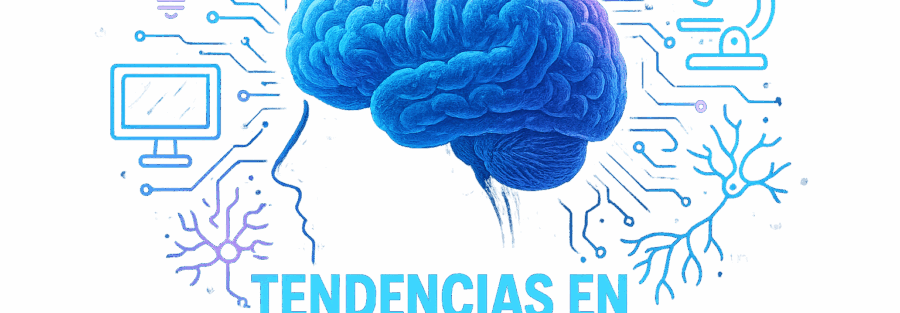Neuroeducation is an emerging discipline that bridges discoveries in neuroscience with pedagogy, aiming to understand how the brain learns and to improve teaching methods.
One of the most prominent trends is the use of multisensory learning, which stimulates different areas of the brain simultaneously to enhance comprehension and memory. Research has also shown that sleep, nutrition, and physical activity directly impact a student’s ability to concentrate and retain information.
Another evidence-based practice is spaced repetition reviewing information at strategic intervals to consolidate it into long-term memory. Likewise, “active learning,” which involves questioning, problem-solving, and experimentation, is recognized as one of the most effective methods according to cognitive neuroscience studies.
Neuroeducation also calls for a paradigm shift: moving from solely evaluating results to understanding mental, emotional, and social processes. This means teaching with empathy, fostering critical thinking, and adapting the pace to the student’s brain development.


